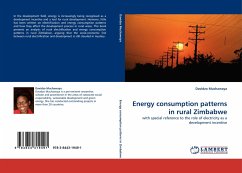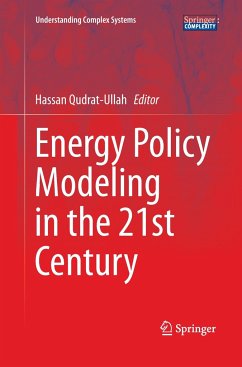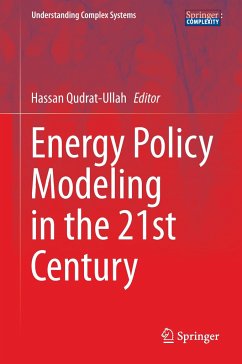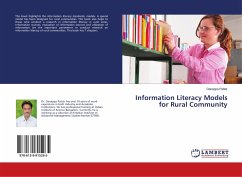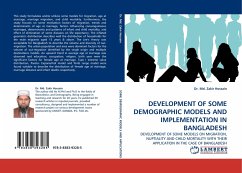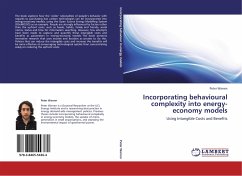
Incorporating behavioural complexity into energy-economy models
Using Intangible Costs and Benefits
Versandkostenfrei!
Versandfertig in 6-10 Tagen
32,99 €
inkl. MwSt.

PAYBACK Punkte
16 °P sammeln!
The book explores how the wider rationalities of people s behavior with regards to purchasing low carbon technologies can be incorporated into energy-economy models, using the Open Source Energy Modelling System (OSeMOSYS) as an example. People are strongly influenced by factors other than the upfront costs, such as hassle, habits, family and friends, social norms, status and time for information searching. However, few attempts have been made to capture and quantify these intangible costs and benefits as parameters in energy-economy models. The book presents innovative research that uses inco...
The book explores how the wider rationalities of people s behavior with regards to purchasing low carbon technologies can be incorporated into energy-economy models, using the Open Source Energy Modelling System (OSeMOSYS) as an example. People are strongly influenced by factors other than the upfront costs, such as hassle, habits, family and friends, social norms, status and time for information searching. However, few attempts have been made to capture and quantify these intangible costs and benefits as parameters in energy-economy models. The book presents innovative research that uses income and location as proxies to do this. Policies that can reduce the intangible costs and increase the benefits will be more effective at encouraging technological uptake than concentrating solely on reducing the upfront costs.







